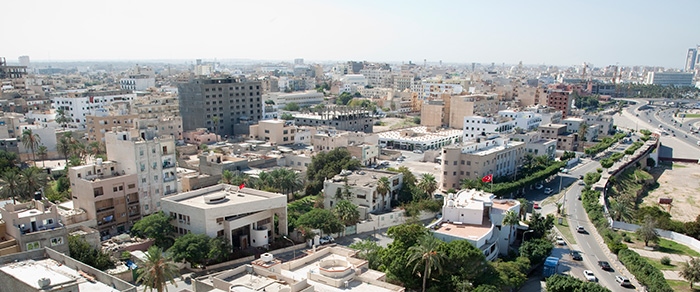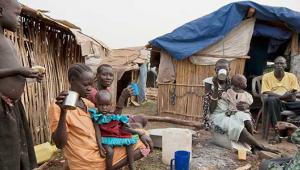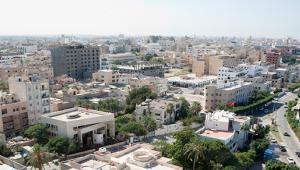Tripoli-Libya-shutterstock_42874129.jpg

Tripoli, Libya
The UN recently identified millions of people in the war-torn country that are in need of protection, health care, food, shelter or some other form of humanitarian assistance.
Around 1.3 million Libyans are currently food insecure, and the World Food Programme estimates it will need $47.7m to reach only the most affected 210,000 next year.
“It is not an acceptable situation,” said Ali Al-Za’tari, the UN humanitarian coordinator for Libya. “We are worried about the dire humanitarian situation if adequate funding is not allocated to respond to those in need. So far our Humanitarian Response plan for 2016 is zero-funded.”
He called on the Libyan government and the international community to recognise the enormity of the country’s humanitarian crisis if funding is not received on time and in volume.
The news comes only a week after a power-sharing agreement was signed by Libyan warring parties. Martin Kobler, the UN secretary general’s special representative and head of the UN support mission in Libya (UNSMIL), said at the time the deal was crucial to addressing the grave humanitarian need in areas like Benghazi.
Kobler had previously said the continued conflict had turned much of Benghazi – “the cradle of the 2011 revolution” – into a “wasteland”, and exacted a heavy toll on the population.






